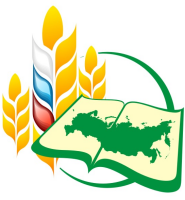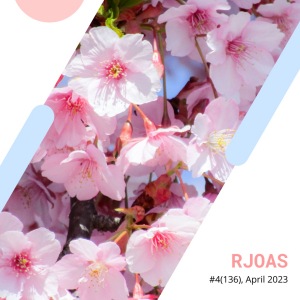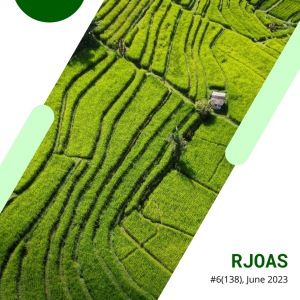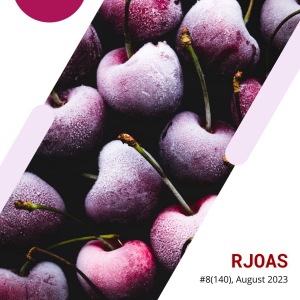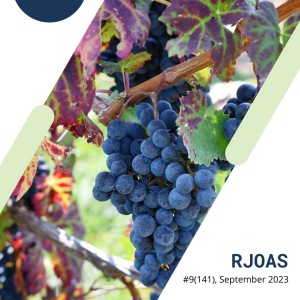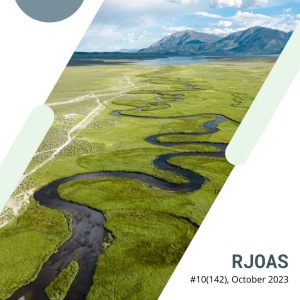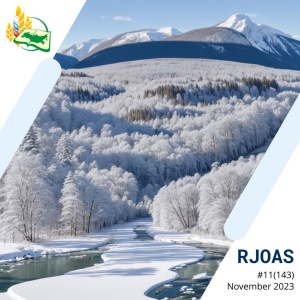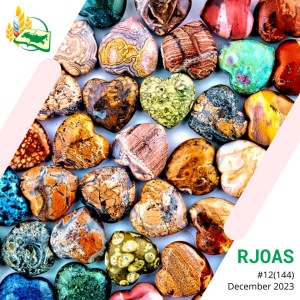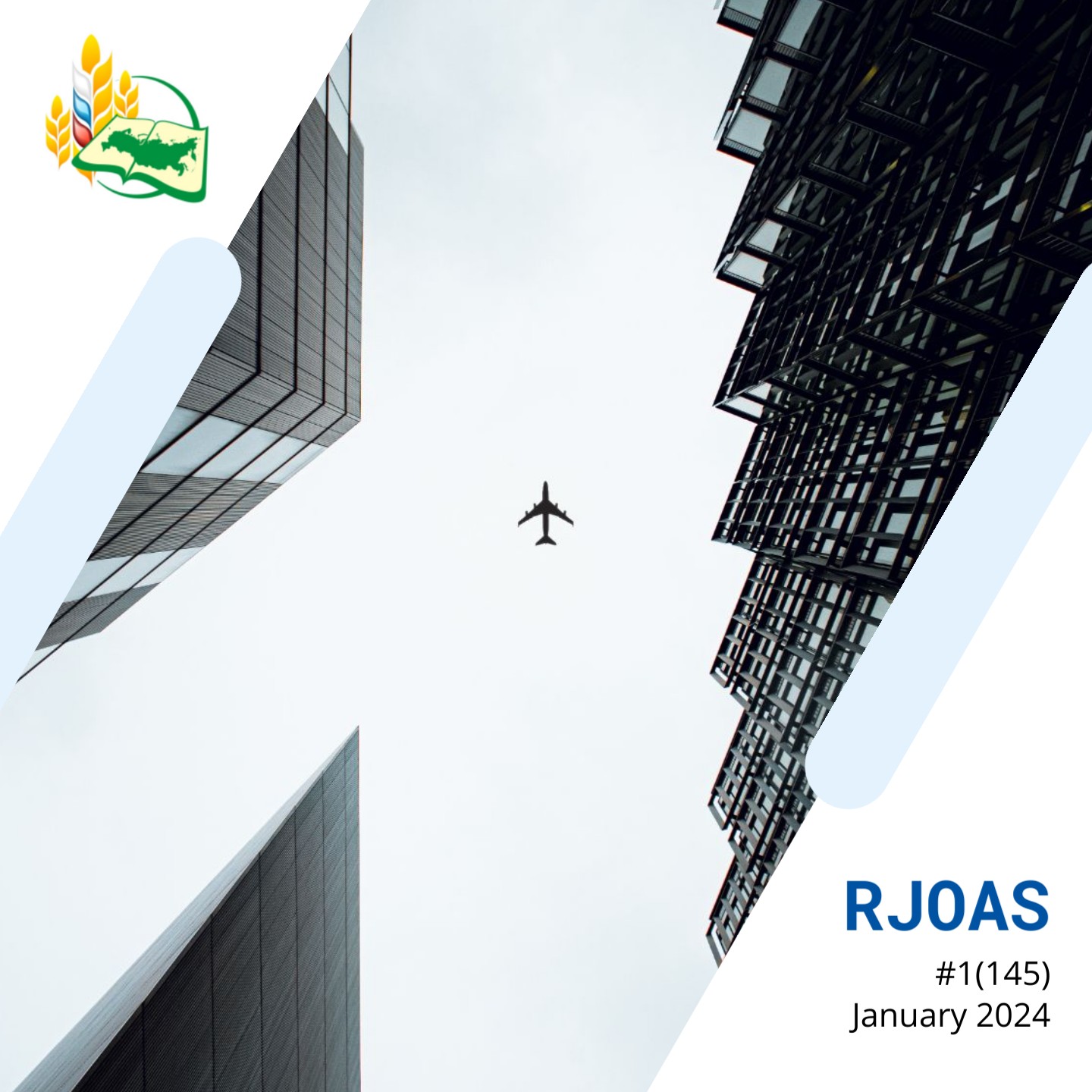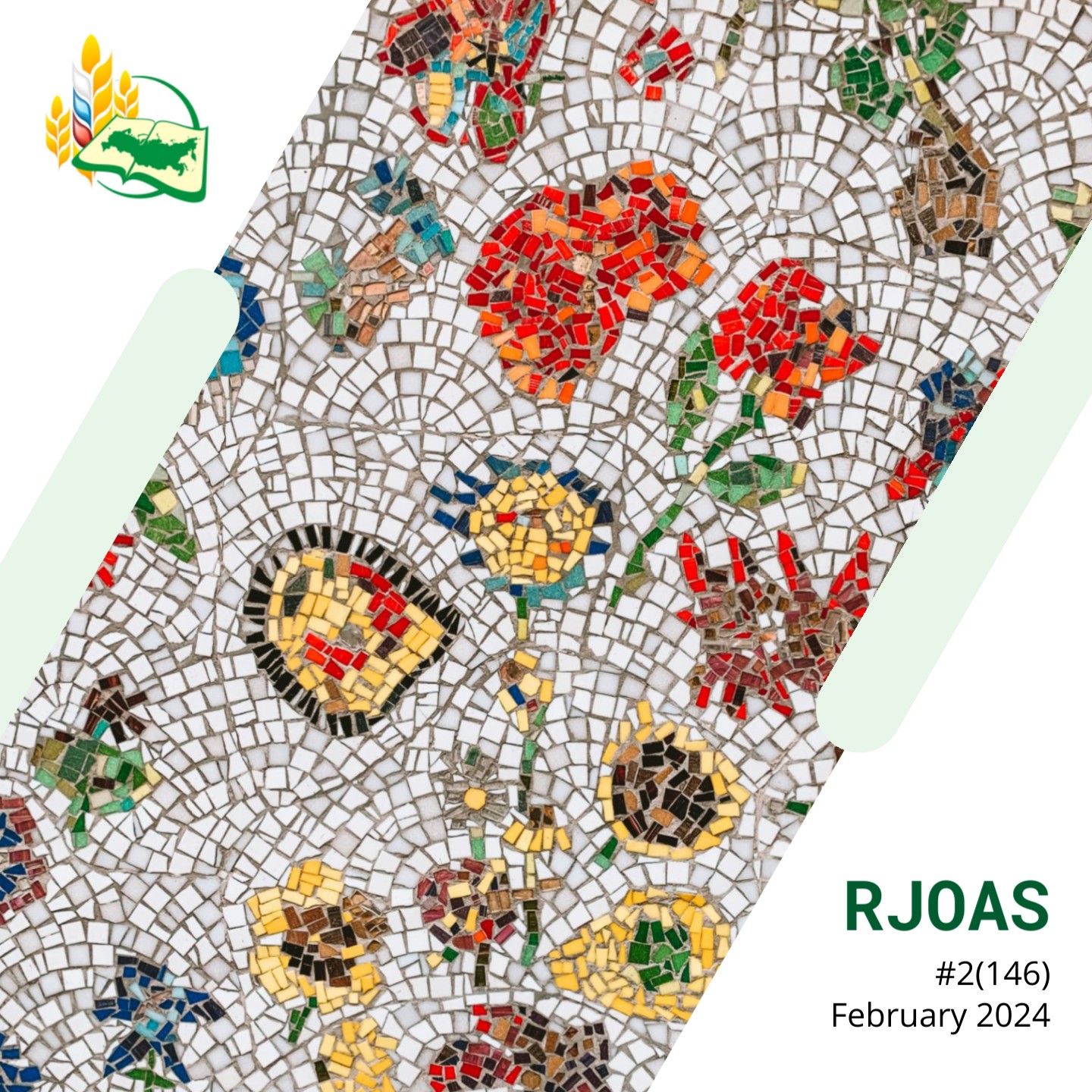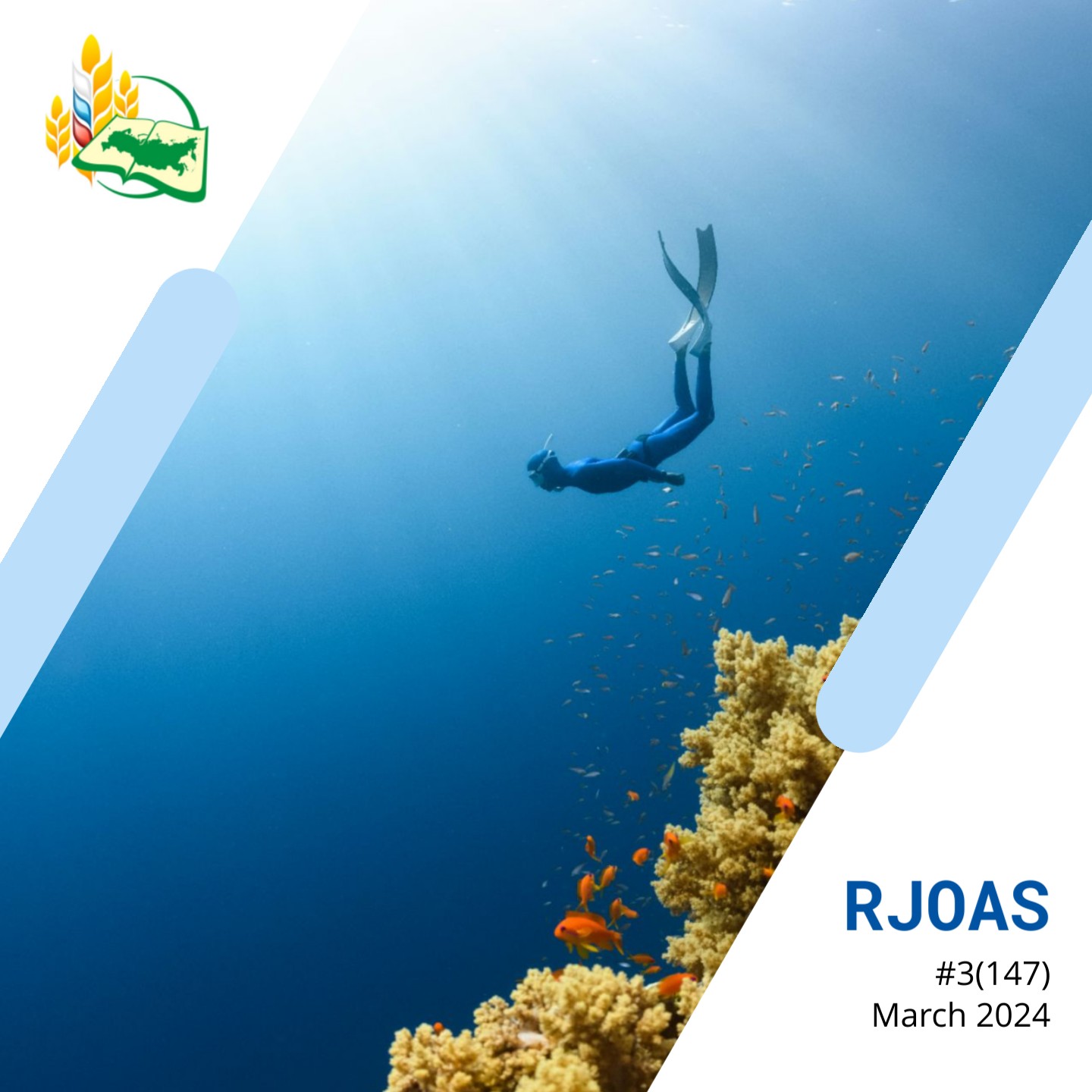ISSUE 8(8), August 2012 |
Pages 3-5
Title
FEATURES OF AN ECONOMIC APPROACH AT RESEARCH OF CORRUPTION PHENOMENON
Author(s)
M.O. Izotov
Organization(s)
Orel State Agrarian University, Orel City, Russia
Key Words
Corruption; Social and economic researches; Phenomenon; Model; Economic approach.
Abstract
In article features of an economic approach are considered when developing the anti-corruption measures directed on restriction of possibilities of any discretion and excessive intervention of civil servants in economic activity, including through differentiation of functions and specification of competences. The special urgency of researches of a problem of corruption as special social phenomenon is noted.
CrossRef DOI
Pages 6-14
Title
THE RATIONALE BEHIND WEAKLY TIED NETWORKING OF THE BANGLADESHI DIASPORA IN MALAYSIA
Author(s)
N. Sultana
Organization(s)
Department of Development Studies, University of Dhaka, Dhaka-1000, Bangladesh
Key Words
Mixed embeddedness; Bangla bazaar; Bangladeshi diaspora; Strong ties; Weak ties.
Abstract
This paper is an exploration of the survival strategies of the Bangladeshi Diaspora in Malaysia. To cope with the realities, Bangladeshi migrants develop different forms of survival strategies. As a result intra and inter-ethnic strong and weak ties are formed in the receiving country. Empirical analysis depicts that respondents with weak ties have higher income mobility than those with strong ties. It also demonstrates that the Bangladeshi migrants of the study areas do not restrict themselves only to their close social networks; rather they develop distant networks for higher social mobility. Or in other words, though the ideal socio-cultural model emphasizes community cohesion (something that can be conceptualized as an example of a tightly structured social system), the actual behavior of the Bangladeshi migrants indicates a loosely or disintegrated social system. Migrant's embeddedness in the ongoing social relations and power structures regulates the nature and strength of these ties.
CrossRef DOI
Pages 15-20
Title
DETERMINANTS OF ADAPTATION TO DEFORESTATION AMONG FARMERS IN MADAGALI LOCAL GOVERNMENT AREA OF ADAMAWA STATE, NIGERIA
Author(s)
S.B. Mustapha, P.M. Bzugu, I.M. Ali, A. Abdullahi
Organization(s)
University of Maiduguri, Nigeria
Key Words
Adaptation; Deforestation; Determinants; Farmers; Nigeria.
Abstract
The study examined the determinants of adaptation to deforestation among farmers in Madagali Local Government Area of Adamawa state, Nigeria. Structured interview schedule were used to obtain information from 200 respondents selected through simple random sampling techniques. The data collected were analyzed using descriptive (frequencies and percentages) and inferential (chi-square test) statistics. The result indicated that majority (84%) of the respondents were male with 21-40 years of age representing 58.50%. The study also showed that most (45%) of the respondents had attained post primary education with majority (80%) having 6 and above years of farming experience. The respondents perceived fuel wood extraction as the major (42%) cause of deforestation in the study area. The result showed that the most (30.50%) frequently employed adaptation strategy against deforestation was reducing quantity of fire wood consumption. The study further showed that the factors which significantly influenced adaptation to deforestation among the respondents were age, farming experience and educational status with X2=9.216, 8.697 and 11.238 at P<0.05 respectively. While those factors which did not influence adaptation to deforestation among the respondents were gender, access to agricultural credit and access to extension services with X2=1.286, 7.923 and 5.862 at P<0.05 respectively. The major constraints faced by respondents in adaptation to deforestation were lack of capital and lack of accessible alternative energy. The study recommends that awareness campaign should be mounted to increase the level of knowledge of respondents on the significance of adaptation to deforestation. Respondents should also be encouraged towards establishment of adaptation cooperative societies in order to take advantage of some government policies and programmes.
CrossRef DOI
Pages 21-25
Title
A THRESHOLD COINTEGRATION ANALYSIS OF ASYMMETRIC ADJUSTMENTS IN THE GHANAIAN MAIZE MARKETS
Author(s)
H. de-Graft Acquah
Organization(s)
University of Cape Coast, Cape Coast, Ghana
Key Words
Threshold cointegration; Asymmetric adjustment; Price transmission; Maize; Equilibrium relationship; Negative deviations.
Abstract
This paper analyzes the long-run equilibrium relationship between retail and wholesale Ghanaian maize prices with cointegration test assuming asymmetric adjustment. Using the Enders-Siklos asymmetric cointegration tests, it is found that the retail and wholesale prices are cointegrated with threshold adjustment. Furthermore, the adjustment process is asymmetric when the retail and wholesale prices adjust to achieve the long-term equilibrium. Finally, there is faster convergence for negative deviations from long-term equilibrium than for positive deviations. These results imply that price increases tend to persist whereas decreases tend to revert quickly towards equilibrium.
CrossRef DOI
Pages 26-29
Title
SOCIO-ECONOMIC DEVELOPMENT OF THE CENTRAL FEDERAL DISTRICT OF RUSSIAN FEDERATION WITH METHODOLOGICAL ASPECTS OF INNOVATION WASTE MANAGEMENT
Author(s)
L.A. Shilova
Organization(s)
National Research University - Moscow State University of Civil Engineering, Moscow, Russia
Key Words
Sustainable development; Production waste; Recycling; Evaluation methodology; Methodology.
Abstract
The author proposed a method to improve the mechanism for assessing the ecological safety of territories with regional geo-environmental tensions, social and environmental performance. The necessity to assess the re-use of material and natural resources and to provide business entities right to change the fees for environmental pollution by industrial wastes, if they are re-used in different industries.
CrossRef DOI













